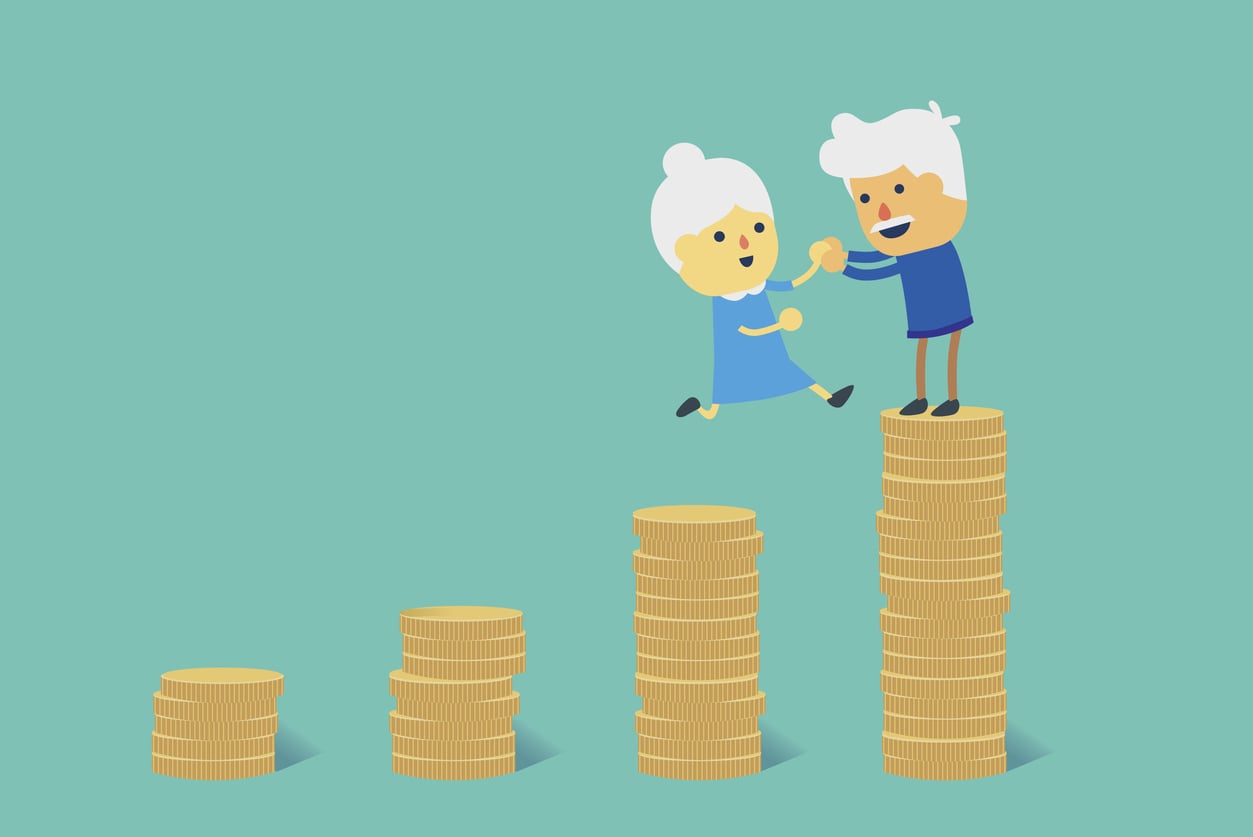Everything You Need to Know About Reverse Mortgages

Do you have a home that is paid off or nearly paid off? Are you retired or getting close to retirement? If so, then you may be a candidate for a reverse mortgage. A reverse mortgage allows homeowners to borrow against the equity they have built up in their home without having to sell it. In this blog post, we will discuss the basics of reverse mortgages and answer some of the most common questions people have about them.
The Interest Adds Up
A reverse mortgage is a loan available to homeowners 62 and older that uses the equity in their home as collateral. The loan does not have to be repaid until the borrower moves, sells, or dies. Interest on the loan accrues over time, and the balance of the loan increases as interest grows. As a result, a reverse mortgage can be an expensive way to borrow money. However, for some seniors who intend to stay in their home for the rest of their life, a reverse mortgage can be a good way to access the equity in their home without having to make monthly payments. Reverse mortgages are a complex financial product, and borrowers should carefully consider whether a reverse mortgage is right for them before taking out a loan.
Your Family Should Be Part of the Decision
A family should absolutely be part of the decision when it comes to taking out a reverse mortgage. After all, this is a huge financial decision that will affect not only the person taking out the mortgage, but also their loved ones. There are a few things to consider when making this decision. First, what are the needs of the person taking out the mortgage? Do they need immediate access to cash, or are they simply looking for a way to increase their monthly income? Second, what are the needs of the family? Are there any outstanding debt obligations that need to be paid off, or are there future plans that will be affected by the reverse mortgage? Finally, what is the overall financial health of the family? Taking out a reverse mortgage can have an impact on the family's ability to qualify for other types of loans in the future. These are just a few of the many factors to consider when making this important decision. It is crucial that the entire family is involved in order to make sure that everyone is on the same page and that everyone understands the potential risks and rewards.
There Are Scammers Out There
Reverse mortgages have become increasingly popular in recent years, as more and more seniors look for ways to supplement their retirement income. However, there are also a number of scammers who have begun to target seniors with reverse mortgage offers. These scammers often use high-pressure sales tactics and false promises in order to convince seniors to sign up for a reverse mortgage loan. In some cases, the scammers may even forge documents or use other illegal methods in order to obtain the loan. As a result, it is important for seniors to be aware of the potential for scams when considering a reverse mortgage. There are a number of reputable lenders who offer reverse mortgages, but seniors should be sure to do their research before signing any paperwork. If an offer seems too good to be true, it probably is. By being informed and taking precautions, seniors can avoid becoming victims of these scams.
You Have a Lot of Payout Options
A reverse mortgage is a loan that lets you access a portion of your home equity and convert it into cash. Unlike a traditional mortgage, there are no monthly payments required with a reverse mortgage. Instead, the loan is repaid when the borrower sells the house or dies. One of the main benefits of a reverse mortgage is that you have a lot of payout options. You can choose to receive the money in a lump sum, as a line of credit, or as monthly payments. This flexibility gives you the ability to use the money in whatever way best suits your needs. Whether you need to cover unexpected expenses, make home improvements, or supplement your income in retirement, a reverse mortgage can give you the financial security and peace of mind you need.
The Name is on the Mortgage Matters
The name on the mortgage matters with a reverse mortgage. To qualify for this type of mortgage, the homeowners must be 62 years of age or older and they must live in the home as their primary residence. The name(s) on the mortgage must match the name(s) on the title of the home. The amount that can be borrowed is based on several factors, including the age of the youngest borrower, the home's value, and current interest rates. If there are more than one borrower, then the older borrower's age will be used to calculate the loan amount. The loan is repaid when the last surviving borrower dies or sells the home. At that time, any equity remaining in the home belongs to the borrower or their heirs. While a reverse mortgage can be a helpful tool for seniors who want to stay in their homes, it's important to understand how they work before signing on the dotted line.
You Need to Talk to a Reverse Mortgage Counselor
In order to get a reverse mortgage, the borrower must first talk to a HUD-approved reverse mortgage counselor. The counselor will explain how reverse mortgages work and help the borrower determine if a reverse mortgage is right for them. The counseling session is free and gives the borrower all the information they need to make an informed decision about whether or not to get a reverse mortgage.
So, if you're considering a reverse mortgage, make sure to talk to a HUD-approved counselor first. It's the best way to ensure that you understand how reverse mortgages work and whether or not one is right for you.



